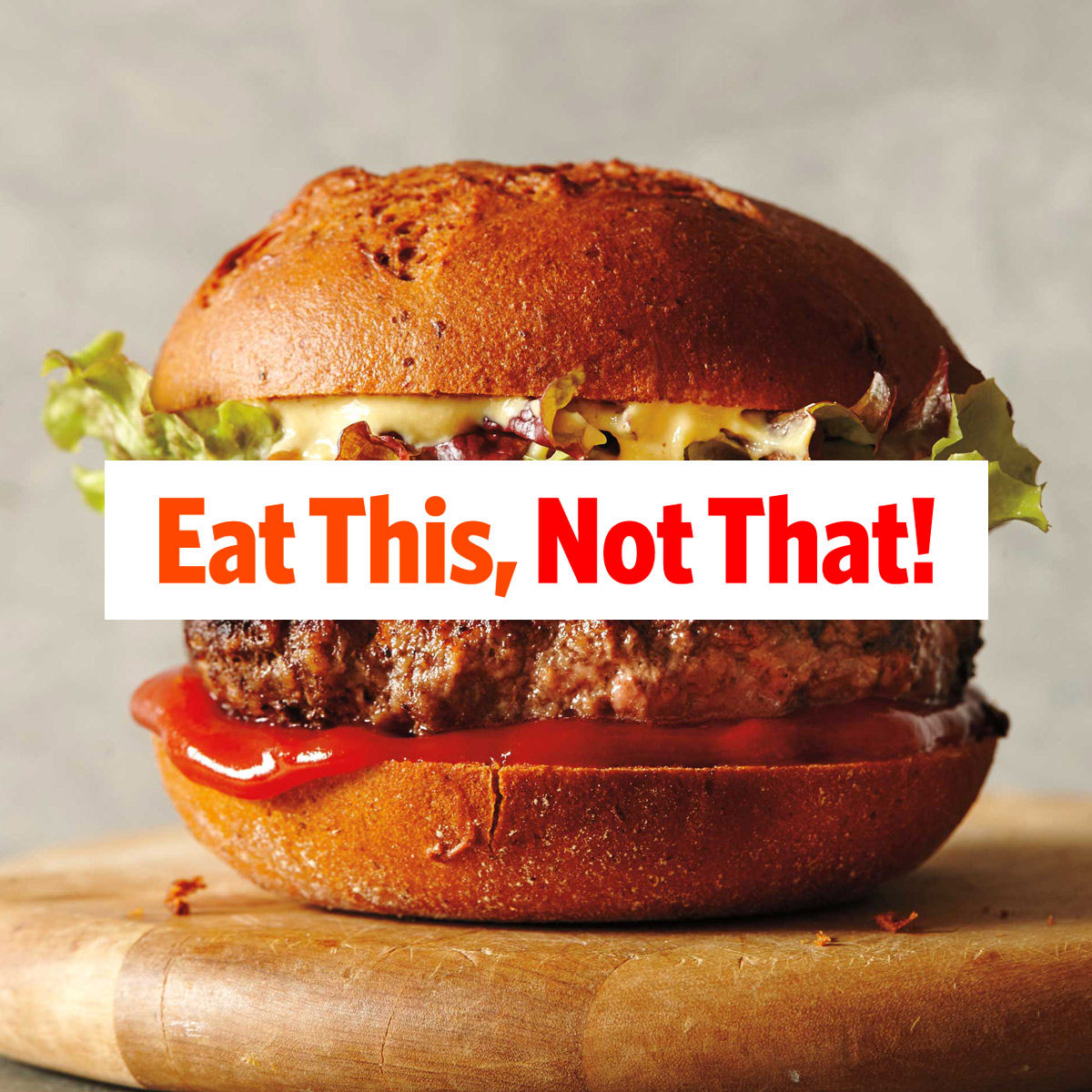 Image copyright Kate McHenry
Image copyright Kate McHenry Losing the ability to smell or taste are two of the symptoms associated with Covid-19. But while many have regained their senses, for others it has turned into a phenomenon called parosmia, leaving them trapped in a world of distorted scents.
For Kate McHenry, simple tap water triggers an awful stench. That, along with the horrible smell she experiences from body wash, means taking a shower is something to be endured.
“My Aussie shampoo used to be my favourite, but now it’s the most disgusting smell in the world,” she says.
After falling mildly ill in March with suspected coronavirus, the 37-year-old, from Widnes in Cheshire, was unable to smell anything at all for four weeks before the sense slowly returned. But by mid-June things “started to taste really weird” with odours being replaced by a “horrible, chemical” stench.
It has had a life-changing effect on Kate – she has lost weight, struggles with anxiety and is starved of the pleasures of eating, drinking and socialising. The problem is so bad that even in places where food is being cooked, she is overwhelmed by the apparent stench.
She is scared she will be left without her sense of smell forever.
“I love nice meals, going out to restaurants, having a drink with friends but now all that has gone. Meat tastes like petrol and prosecco tastes like rotting apples. If my partner, Craig, has a curry the smell is awful. It even comes out of his pores so I struggle to go anywhere near him.
“I get upset in the evenings when I cook. Craig will say ‘what do you fancy to eat?’ and I feel really bad because there’s nothing I want – I know everything is going to taste horrendous. The implications it’s had on my life are huge and I am so scared I’ll be stuck like this forever.”
People with Covid-19 lose their sense of smell – known as anosmia – because the virus damages the tissue and nerve endings in their nose. It is when those nerves are regrowing that parosmia can happen and the brain is unable to properly identify an odour’s real smell.
The condition is normally linked to common colds, sinus problems and head injuries. Sufferers describe being able to smell burning, cigarette smoke or rotting meat. In severe cases, the smell is vomit-inducing.
Although professionals are hopeful parosmia is a sign of recovery to restored smell, for some people it can take years to pass.
For Pasquale Hester, from Leeds, toothpaste is one of the worst culprits. The chemical taste makes her wretch so much so she has resorted to brushing her teeth with salt, which tastes normal to her. Like many affected by Covid-19, it was weeks before she had an improved sense of smell after being ill with the suspected virus. But then when she ate a curry for her birthday in June, she realised her scent was distorted.
“I had a poppadum but spat it out straightaway because it tasted like paint. Some things are more bearable than others,” said Pasquale, 34. “Coffee, onion and garlic are the absolute worst. All I can manage to get down me some days are sugar snap peas and cheese.
“Losing my smell was mentally a struggle, but this has completely blown me away. I wouldn’t wish it on my worst enemy.”
Law student Brooke Jones began getting symptoms in April and tested positive for Covid-19 a week later. She describes almost everything she smells as like “rotting meat mixed with something off a farm”. The 20-year-old, from Bradford, has a list of “safe foods” that she can just about tolerate – toaster waffles, cucumber and tomatoes. Anything else and she just puts up with the unpleasantness.
READ RELATED: Xolani Hlebeya Kill his Son and Himself, Watch Trending video on Facebook, Family and Wife
“I think now I can imagine what things taste like. So when I’m eating a Chinese [takeaway], even though it’s not particularly nice, I can convince myself that it isn’t too bad.”
You might also be interested in:
‘They haven’t found anyone else like me’
‘We can enjoy life without sound’
‘How I hid my autism to fit in’
While the numbers of Covid patients experiencing parosmia is not known, it is estimated hundreds of thousands have suffered anosmia.
Prof Claire Hopkins, president of the British Rhinological Society (BRS), said there is “widely-held incorrect belief” that smell blindness from the virus is short-lived.
“Yes, there is a good chance of recovery but there are huge amounts of people who will lose their smell for a long period of time and the impact of that has been completely overlooked.”
Smell plays an important role in memory, mood and emotion and those suffering dysfunction describe feeling isolated, said Prof Hopkins.
While anosmia is bewildering, parosmia can be unbearable and only in very extreme circumstances can medicine, in the form of an antiepileptic drug, be prescribed.
Prof Hopkins said patients were finding it difficult to access help for smell problems and she is working with the NHS to change that.
“GPs are playing catch-up and probably most doctors have not come across a patient with anosmia before. There aren’t many silver linings from the pandemic but if we can use it to educate health professionals better about smell loss and better understand the mental and physical impact, then that is a huge step forward.”
In the absence of a cure, sufferers are getting help and support from smell loss charity AbScent, which has set up a Facebook group for those affected through the pandemic. With input from the BRS, the charity has produced an information guide for people experiencing Covid-related smell loss, including details of which foods to eat and how to go about smell training.
Its founder, Chrissi Kelly, said: “The most important thing for people is to see that others are in the same boat and to be able to share openly and have this big conversation.”
The Facebook group also serves as platform for anosmia and parosmia sufferers who are fighting to get their condition understood.
Brooke added: “When I try and explain it, some people think it’s funny and make a joke – that at least I can’t smell bad stuff. I know the effects of Covid could have been much worse, but it does get to me and it’s scary that no-one seems to be able to tell you when or if it will ever get any better.”
Source: BBC News – Health










